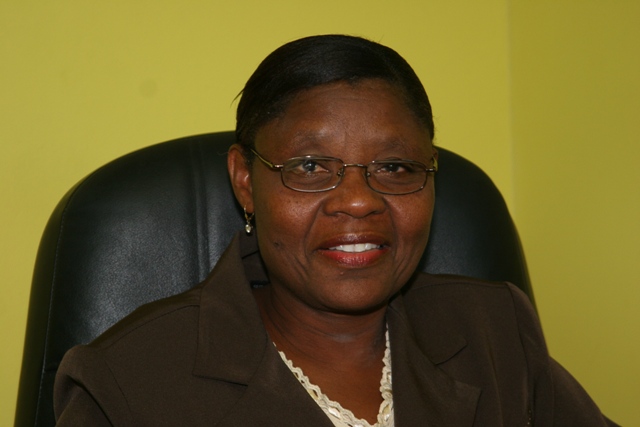Former Nurse/Health Advisor Addresses Importance of Nurses

NIA-CHARLESTOWN, NEVIS (May 18TH 2011) — The May 9th to 15th 2011 observance of Nurses’ Week was facilitated through the hosting of a number of activities on Nevis including a luncheon, symposium, church service, social evening, health clinic and a grand concert.
Health Advisor in the Nevis Island Administration and former nurse, Mrs. Patricia Hanley, joined the celebration by first launching the week through her official televised address.
“On behalf of the Nevis Island Administration, and specifically the Minister of Health, and on my own behalf, I would like to use this opportunity to commend the nurses for the tremendous job that they continue to do,” she said.
Mrs. Hanley’s address, which focused on the theme “Closing the Gap: Increasing Access and Equity,” underscored “the important role” of nurses.
“Nurses,” she said, “are called upon to provide primary health care in the most challenging settings” adding that “their role of improving equity and access to health care is of critical importance.”
Although Mrs. Hanley’s address outlined barriers to health care, she spoke of the strategies that were “proving to be successful in communities worldwide.” These strategies, she said, would seek to “close the gaps in health status and increase access and equity in communities.”
Among the issues highlighted were the “promotion of policies and programmes aimed at improving population health; protection against the impoverished costs of illnesses; granting access to accurate information and good quality health care and prioritizing the allocation of limited resources with a view to increasing access and reducing inequality.”
This, Mrs. Hanley believed would “ensure that the socially disadvantaged and marginalized in society are not left behind.”
The health official also stressed the need for “continued exploration of health care financing coupled with arrangements that aim at universal coverage, and the offering of particular benefits for socially disadvantaged and marginalized groups.”
